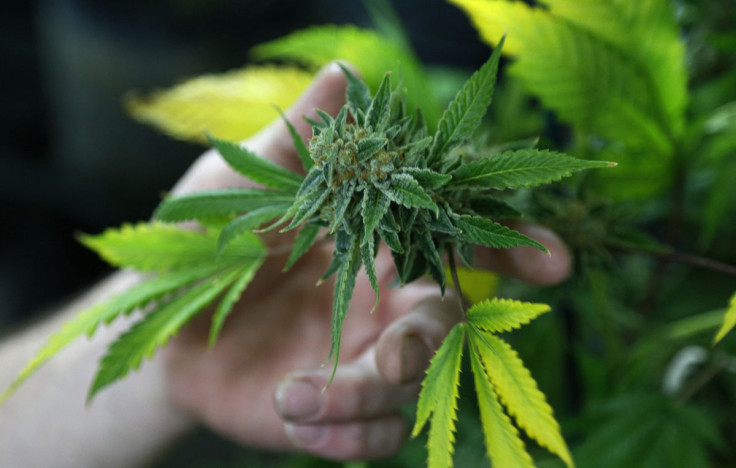Legalising Marijuana 'Reduces Murder and Assault Rates'

Legalisation of medical cannabis may reduce certain types of crime, says a study by researchers at University of Texas in Dallas.
Dr Robert Morris, associate professor of criminology and lead author, said the research team found no increase in crime rates resulting from medical marijuana legalisation.
"We're cautious about saying, 'Medical marijuana laws definitely reduce homicide.' That's not what we're saying," Morris said.
"The main finding is that we found no increase in crime rates resulting from medical marijuana legalisation. We found some evidence of decreasing rates of some types of violent crime, namely homicide and assault," he continued.
"We found some evidence of decreasing rates of some types of violent crime, namely homicide and assault"
The study tracked crime rates across all 50 states between 1990 and 2006 when 11 states legalised marijuana for medical use: Alaska, California, Colorado, Hawaii, Maine, Montana, Nevada, Oregon, Rhode Island, Vermont and Washington.
Using crime data from the FBI's Uniform Crime Report, the researchers studied rates for homicide, rape, robbery, assault, burglary, larceny and auto theft, and concluded that none of them increased after the legalisation.
Robbery and burglary rates were unaffected by the legalisation.
Morris said the models accounted for an exhaustive list of socio-demographic and econometric variables linked to changes in crime rates, including statistics on poverty, unemployment, college education, prison inmates and even the amount of beer consumed per person per year.
Data came from the US Census Bureau, the Bureau of Economic Analysis and the Bureau of Labour Statistics.
"The results are remarkable," Morris said. "It's pretty telling. It will be interesting to see what future studies hold."
The researchers intend to investigate the relationship between recreational marijuana legalisation and crime in Washington and Colorado. The latter legalised marijuana for personal; consumption.
"This new information, along with continued education of the public on the realities of the negative aspects of smoking marijuana — there are considerable negative attributes — will make the dialogue between those opposed and in favour of legalisation on more of an even playing field," Morris said.
"[The study] takes away the subjective comments about the link between marijuana laws and crime so the dialogue can be more in tune with reality."
© Copyright IBTimes 2025. All rights reserved.






















